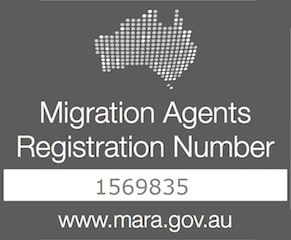Graduate Work stream:
for international students who graduate with qualifications that are closely related. A visa in this stream is granted for 18 months.
Post-Study Work stream:
for international students who graduate with an eligible qualification. This stream is only available to students who applied for and were granted their first student visa on or after 5 November 2011. A visa in this stream can be granted for up to four years, depending on the qualification obtained in Australia.
Two-year Australian study requirement
It is possible to apply for a GSM subclass 485 visa, whether under the Post-Study Work stream or Graduate Work stream, on the basis of having completed studies after at least two years in Australia. Under Schedule 6D points are also available to applicants completing qualifications after at least two years of study in Australia.
Common criteria to meet in both the Graduate Work stream and Post-Study Work stream
The applicant must satisfy common criteria for the grant of a visa, which are found in Schedule 2 to the Regulations.
Common requirements are:
- the main applicant must not have previously held a subclass 476 or 485 visa on the basis of satisfying the primary criteria;
- when the application was made, it was accompanied by evidence that the main applicant had competent English;
- when the application was made, it was accompanied by evidence that all applicants aged 16 or over included in the application had applied for Australian Federal Police checks in the 12 months before the application is made;
- when the application was made, it was accompanied by evidence that all applicants included in the application had made arrangements to undergo medical examinations for the application;
- when the application was made, it was accompanied by evidence that all applicants included in the application had adequate arrangements in Australia for health insurance. In addition, all applicants included in the application need to show that they have had adequate arrangements in Australia for health insurance since the time the application was made. That is, to cover the period when the application was made and when the Department is assessing the application (ie time of decision).
- applicants who are also student visa holders may present evidence of a valid Overseas Student Health Cover (OSHC) policy at time of visa application to satisfy this criterion. However, OSHC is not acceptable at time of decision;
- if the applicant moves from the student visa to a bridging visa when their student visa ceases, they will be required to obtain a non-OSHC policy to meet health insurance requirements for their subclass 485 visa application immediately after their OHSC ceases;
- if the applicant is not a student visa holder when they make their application, OSHC is not acceptable evidence of health insurance;
- all applicants must meet health, character and other public interest and special return criteria
- all applicants must hold a valid passport, unless it would be unreasonable to require them to do so;
- this visa subclass is subject to capping.

